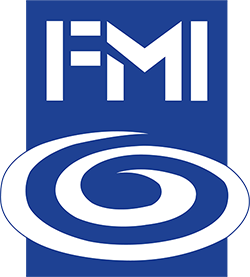What Are Dietary Supplements and How Are They Regulated?
The Federal Food, Drug, and Cosmetic Act defines a dietary ingredient as a vitamin; mineral; herb or other botanical; amino acid; dietary substance for use by man to supplement the diet by increasing the total dietary intake; or a concentrate, metabolite, constituent, extract, or combination of the preceding substances.
Unlike drugs, supplements are not intended to treat, diagnose, prevent, or cure diseases. That means supplements should not make claims, such as “reduces pain” or “treats heart disease.” Claims like these can only legitimately be made for drugs, not dietary supplements.
Dietary supplements include such ingredients as vitamins, minerals, herbs, amino acids, and enzymes. These supplements are marketed in forms such as tablets, capsules, softgels, gelcaps, powders, and liquids.
The FDA regulates both finished dietary supplement products and dietary ingredients under a different set of regulations than those covering “conventional” foods and drug products. The Dietary Supplement Health and Education Act (DSHEA) of 1994 defined supplements as a category of food which put them under different regulations than drugs. Dietary supplements are considered safe until proven otherwise. The DSHEA says that dietary supplements cannot contain anything that may have “a significant or unreasonable risk of illness or injury” when the supplement is used as directed on the label, or with normal use if there are no directions on the label.
For most claims made in the labeling of dietary supplements, the law does not require the manufacturer or seller to prove to FDA’s satisfaction that the claim is accurate or truthful before it appears on the product. In general, FDA’s role with a dietary supplement product begins after the product enters the marketplace. That is usually the agency’s first opportunity to take action against a product that presents a significant or unreasonable risk of illness or injury, or that is otherwise adulterated (the product is unsafe) or misbranded (the labeling is false or misleading).
For more information please go to the FDA 101: Dietary Supplements.
